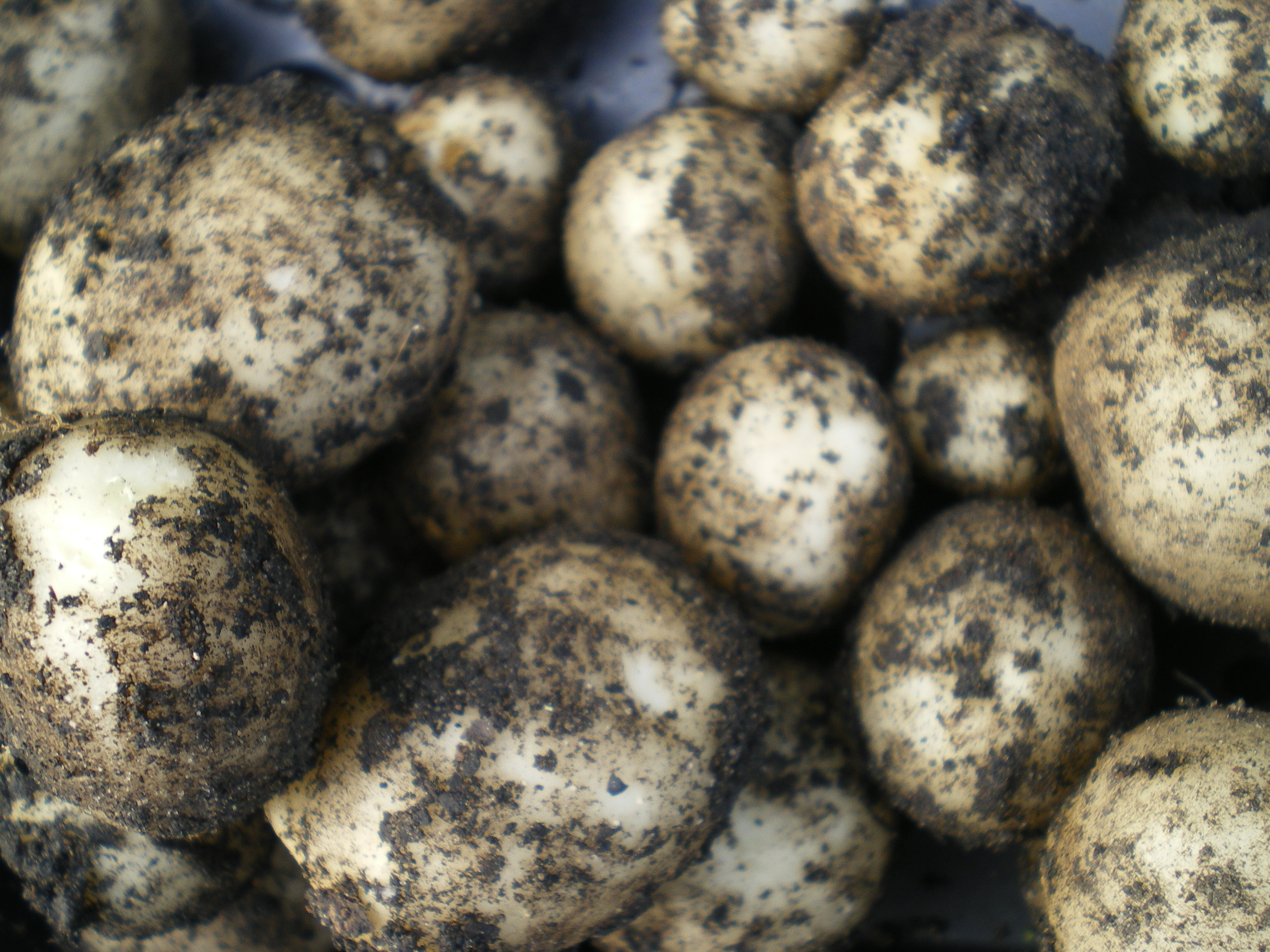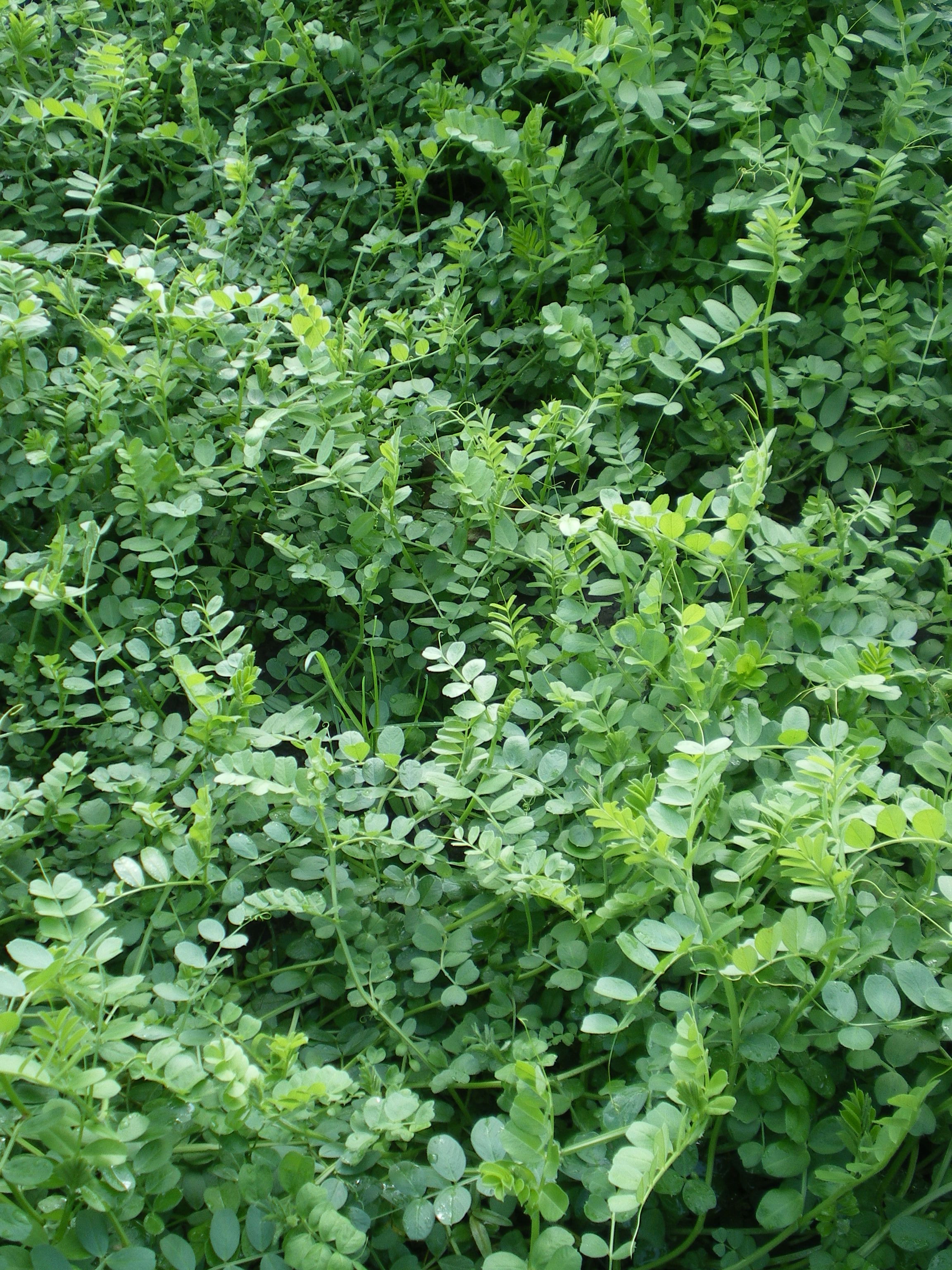We are busy harvesting early potatoes, broad beans and peas, salads, onions, garlic and beetroot. One of the great skills of vegetable growing is to keep your plot in constant cultivation.
of the great skills of vegetable growing is to keep your plot in constant cultivation.
As the plots become empty we are sowing and planting a range of crops to refill them:
- Fast growing crops such as radish and speedy salad mixes
- Winter hardy crop such as chard, winter spinach or winter salads (these may need to be covered with cloches to survive a harsh winter)
- Planting out winter brassicas and leeks
- Green manures
Green manures
These are fast-growing plants sown to cover bare soil and then dug in to improve soil structure. They can be sown through out the growing season and are ideal to use in a  patch of land that will be free of crops for six weeks or more. Some can be sown in the autumn and left to overwinter.
patch of land that will be free of crops for six weeks or more. Some can be sown in the autumn and left to overwinter.
Benefits:
- Increase soil nutrient levels
- Green manures form a carpet to cover the ground and prevent weeds
- Some fix nitrogen
- They help to prevent soil erosion
- Some have a fibrous root systems which help improve soil structure
What to do:
Sow the seed and let the plants grow for around eight weeks or until they start to flower before digging them into the soil. For no-dig gardeners cut the plants down and leave them to rot down as mulch.
Leave the green manure to decompose in the soil for up to four weeks before growing vegetables in the same plot
Five to try
- Mustard (Sinapsis alba)
- Winter tares (Vicia sativa) – winter hardy and nitrogen fixing
- Field bean (Vicia faba) – winter hardy and nitrogen fixing
- Grazing rye (Secale cereale) – winter hardy
- Phacelia (Phacelia tanacetifolia)
